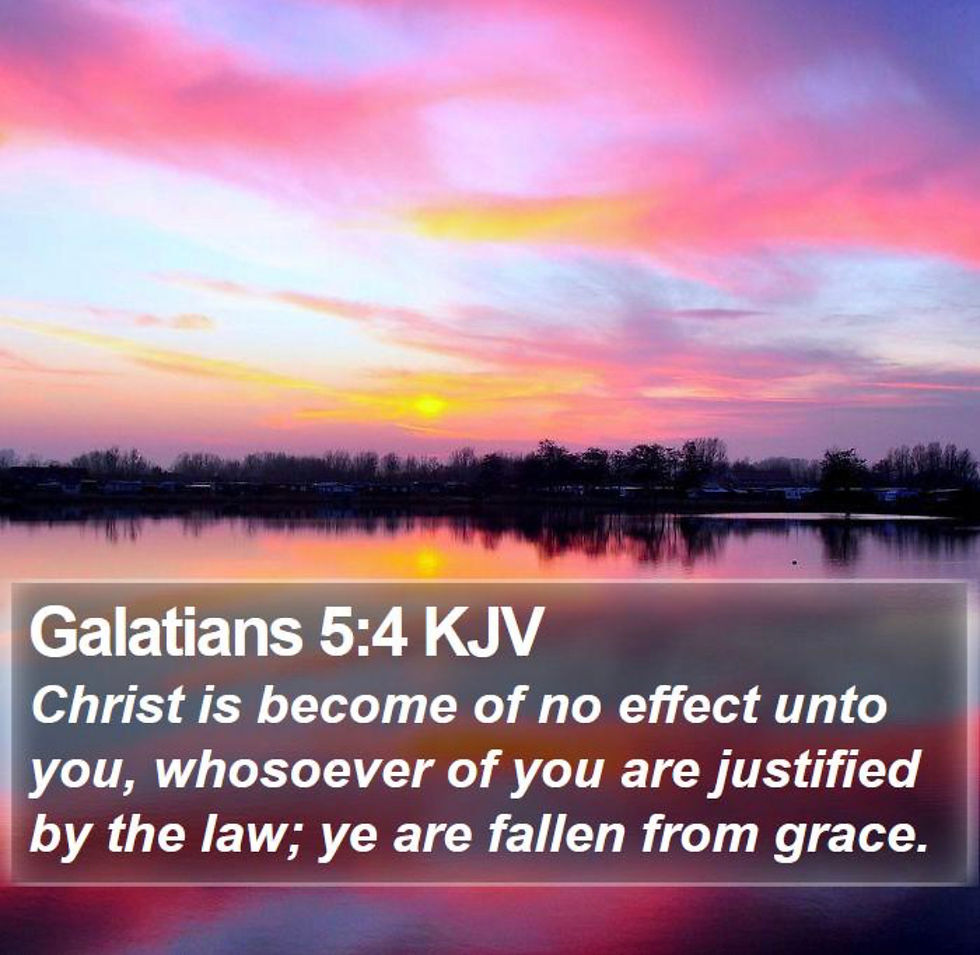Study to Grow
- Doug Bell
- Dec 9, 2020
- 3 min read

By Randy Dillon
James 1:5 “If any of you lack wisdom, let him ask of God, that giveth to all men liberally, and upbraideth not; and it shall be given him.”
*****
Many questions arise when a born-again believer approaches the topic of prayer. How to pray? When to pray? Where to pray? What to pray for? Who to pray for? Think for a few moments on only those issues and the mind bogles with the possibilities and with the time it would take to address even those few topics.
And all of these issues, as vast as they may be, are important and necessary. Generally speaking, our prayers center on the needs of others and our own trials as they arise. As necessary as these things are, there is another point of prayer that should draw our attention. Too often, perhaps, we pray with a certain amount of knowledge even though it may be limited. And too often we pray without God directed wisdom. That is to say, how often are our prayers limited by our external understandings and not by the wisdom of God? James reminds us that if we lack wisdom, we can ask for wisdom from God and He will give it liberally, not chastising us for our lack of it.
What then is wisdom? Wisdom differs from knowledge and understanding. Knowledge is simply the acknowledging of facts or methods or ideas. Knowledge is current and can be modified if facts or methods or ideas change. At a higher level, humans cannot just know facts, methods and ideas but they may also understand the underpinnings of those things. That is, they may have comprehension of why such things seem to be true or practical or necessary. But at an even higher mental level we find wisdom. Wisdom is more than knowledge or comprehension. It is an active process which allows us to use knowledge and comprehension in making decisions.
More particularly for the Christian, it is a process of allowing the Holy Spirit to control our hearts and mind and soul (and for many also our mouths) in making judgements and decisions in our daily walk. Spiritual wisdom leads us to make decisions based on Biblical principles and teachings rather than on our own limited knowledge or emotions. It also guides our knowledge and understanding of scripture. When we seek wisdom from God, James tells us that God will give us wisdom and He will give it liberally. But so often we lean on our own understandings rather than asking God to guide our prayers giving us the wisdom to know and comprehend His purpose.
We find Godly wisdom all over scripture, but especially it is prevalent in Proverbs and again in Psalms, two of the books of wisdom found in the Old Testament. Psalms 111:10 tells us that “The fear of the Lord is the beginning of wisdom.” In Proverbs, especially, we find many practical, everyday applications of Godly wisdom presented mostly by Solomon who is noted as the wisest man to ever live. Solomon investigated many aspects of human knowledge but realized that true and eternal wisdom can be granted only by God. Reading Psalms is like reading poetry. Reading Proverbs is like reading a manual for life. Reading Psalms elevates the heart. Reading Proverbs elevates the mind. Reading both with regularity elevates the soul.



Comments